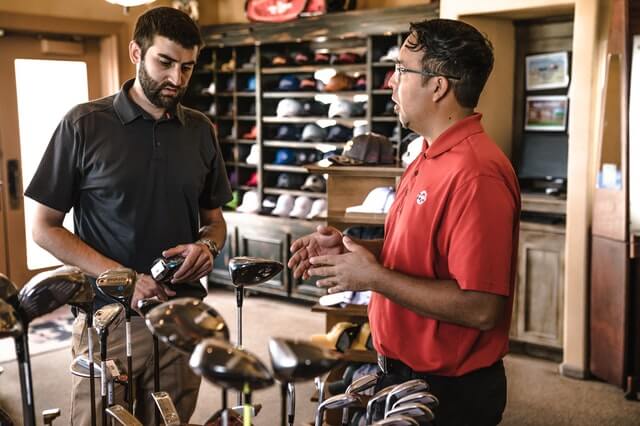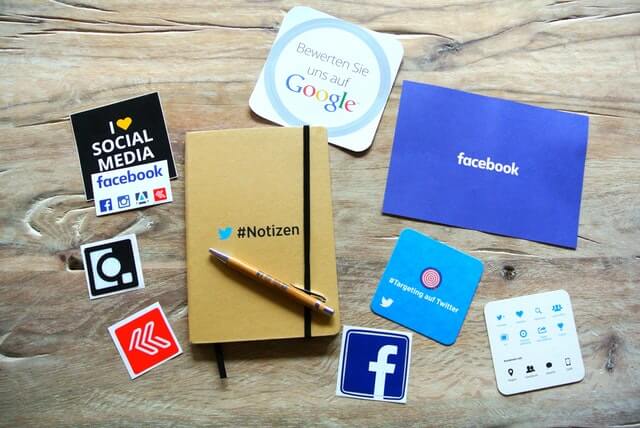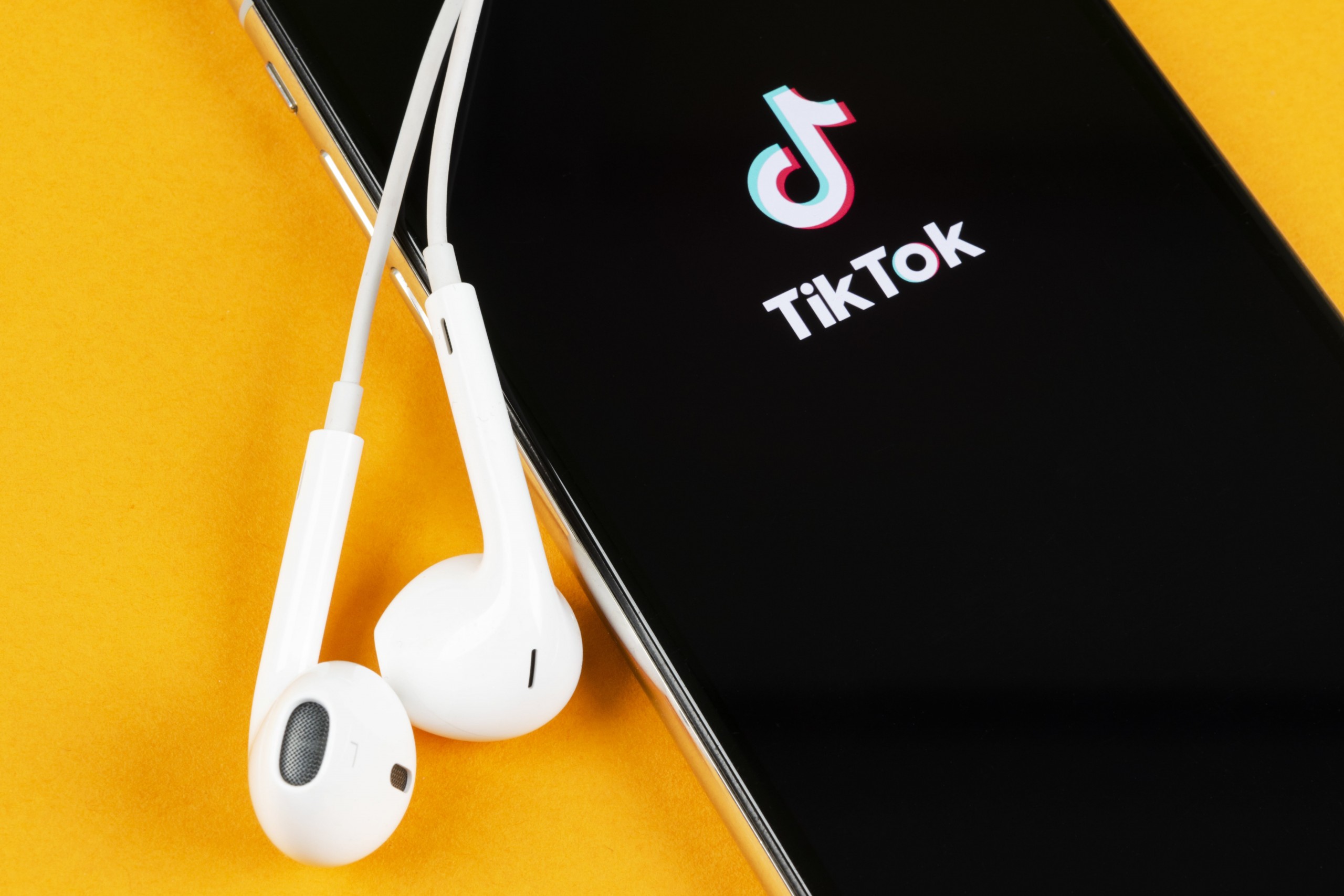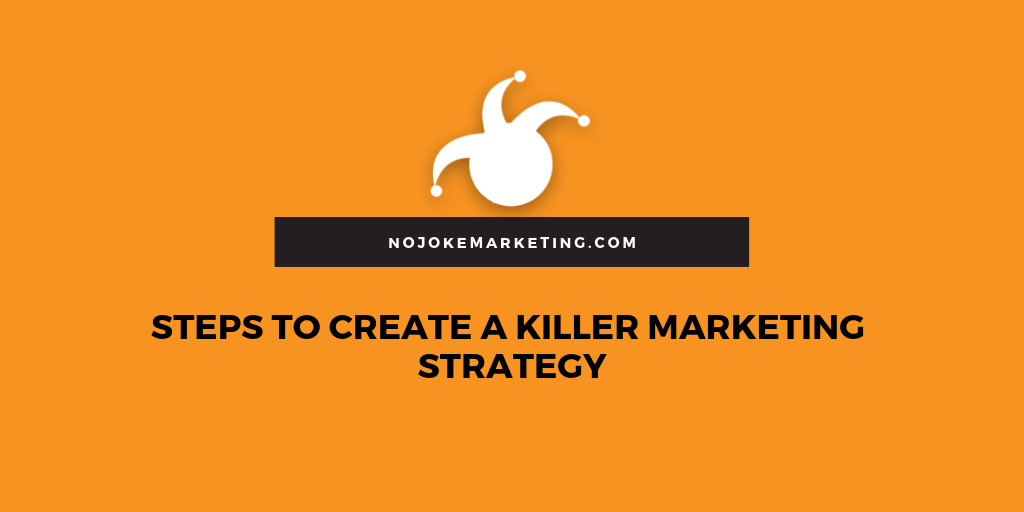Today’s topic is this: the COVID 19 crisis kit.
So the kit is designed for you internally, but it gives you all the different resources that you would need then to continue operating your business.
The first thing that’s in this kit, is what I’m calling the corona business strategies cheat sheet. And that really is it’s talking about the things that you need to be doing internally to really reassure whoever you’re working with, that you’re taking the proper measures for their safety. People are most concerned with themselves. And especially in these crazy times, they’re even more concerned about themselves.
A lot of the things I’m going to give you today as I walk you through this, will be assuming that you do have more of a brick and mortar type of business, or you have a business that’s more B to C, where you’re actually going out and physically visiting people. There’s obviously a lot of b2b but if you own a copier service business, for example, I want to give you a lot of these and they’re making the assumption that you’re going to have some kind of contact.
Now the asterisk is that obviously, it depends on the business. It depends on the county or in the state, the city there, there’s lots of variants. But the biggest thing is you really need to make sure that you’re conveying and promoting all of the precautions that you’re taking to keep people safe.
- What are you doing to keep things clean?
- How are you minimizing the risk of contagion?
- So you’re wiping tables down, your team is using mass, you’re cleaning the office more frequently, what are those different things that you’re actually taking?
The next thing that does seem to be becoming a lot more of the norm is, are there some specific hours that either seniors or people that are distressed, that they could actually either come in and grocery stores have been doing a lot of this, for example.
The recommendation is that you really want to set aside an hour or two in the morning when these types of people can do business with you.
The third piece is you want to start to create some specific offers for these types of people. Kids, for example, and what I mean by doing business with kids is that if someone can come in with their parents, are you able to continue to keep that experience safe?
The next thing that we’re suggesting is you really want to start to look at long term payment options. If there are people that are really getting hurt quite hard, and there definitely are quite a few of those people you want to look at.
Does it make sense to start to offer payment options, defer payments, payment plans, things like that? Make sure you’ve got all of your paperwork, online or at home, because with everything changing so regularly, you want to make sure that you have anything that you’re going to need to access At home and the cloud, etc. You want to make sure that you have all of that stuff ready.
So you want to make sure that you’re regularly communicating with the people that you’re working with – this is what we’re doing, this is how we’re tackling things. And you’re just letting them know that their safety is your top priority. And you want to make sure that you’re also making yourself personally available that people can ask any questions, and really kind of get whatever they need addressed.
Now, the other thing with this, and again, this is a case by case basis, business by business basis is that you want to start to have some objection handling ready to go. And the reason I’m suggesting that is that if you’re in the service business, if you’re in a business that’s still deemed essential, for example, so even car washes slash gas stations slash auto sales. You want to take a look at what are the objections that people are going to be sharing?
Do you have people that you’re working with that are currently elderly or immune deficient? And I don’t want to put them at risk, and you want to let them know with the precautions that you’re taking there. If you’re still open, someone might say, “Well, I don’t really want to risk leaving my house to come to your office or come to your restaurant or order takeout.”
You want to let them know the objection handling piece of this is what we’re doing to keep our restaurant, our office, completely clean and risk free, and here are the things that we’re doing.
If you’re in the service business and you’re still able to serve them, you can let them know that this is the process that you’re taking. And I would suggest if you can do things safely, that you’re encouraging them to keep their appointments. And the reason behind that is that if it’s something that they had scheduled, whenever this stuff starts to die down, there could be 200 people on a waitlist, for example.
You want to make sure that you have all of these different things ready to go, you’re obviously going to be getting the objection that I might not be making as much money right now. I’ve got to save the money for things. You want to let them know that this is what you’re able to do.
If people are saying they don’t have a lot of time right now because they’re taking care of someone, what are you able to do to help with that? If they’re single, they will say “I can’t come because I’m taking care of my kids now” How are you answering that?
You want to make sure that you have all of these objections ready to go so that both you and your staff are really singing the same tune.
Now, the final piece to this that I really want you to start to develop and have ready to go is a little bit of a reactivation campaign. If a lot of people are putting things on pause, putting things on hold, putting things essentially off, you need to make sure that you don’t lose track of those people because things will start to get better hopefully sooner than later. You want to be able to continue to communicate with them. But you also want to make sure that you’re ready to reactivate them as soon as possible.
You’re continuing to stay up to date with them, you’re continuing to communicate, so that when the time comes, you are locked and loaded and ready to go.









